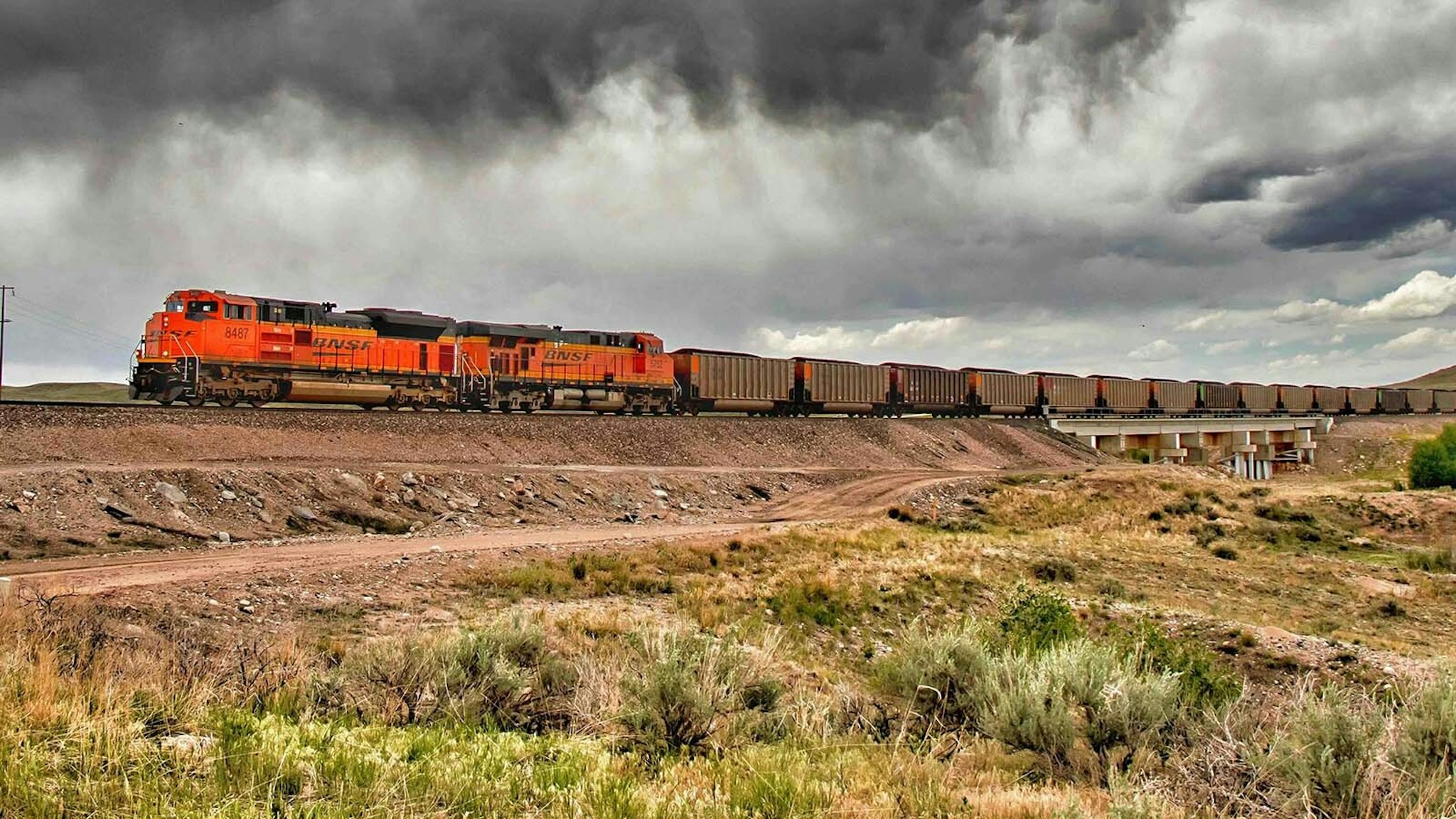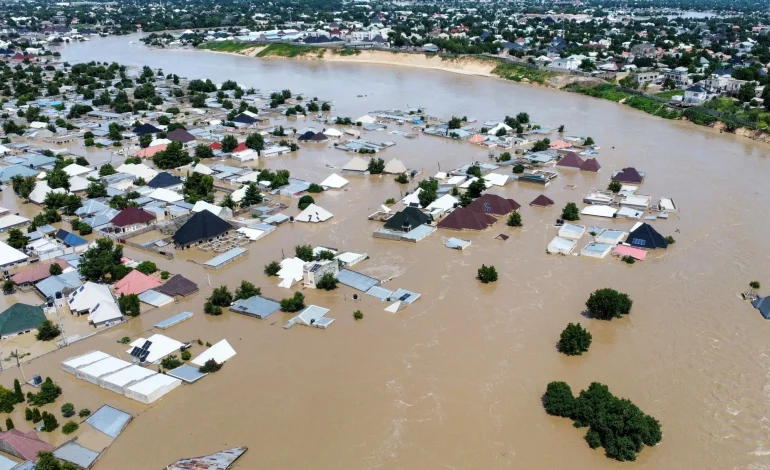The worst floods in decades are wreaking havoc across West and Central Africa, exacerbating a record food insecurity crisis in a region already facing widespread hunger, Bloomberg reports.
The heavy rains, which began in June and are forecast to continue, have inundated vast swathes of land, displacing millions and decimating agricultural production. At least 14 countries, stretching from Guinea to the Central African Republic, are affected, with an estimated 4 million people directly impacted and over 1,000 fatalities.
“We are fearing the worst,” said Modou Diaw, regional vice president for the International Rescue Committee in West Africa. “The scale of this disaster is unprecedented. The numbers will undoubtedly rise in the coming months.”
The IRC estimates that the floods are the most severe in the region in 30 years, citing climate change as a significant contributing factor. The impact has been particularly severe in Mali, where 1.35 million hectares of land, an area the size of Austria, has been submerged.
In Niger, 400,000 people have been displaced, and displacement camps in northern Nigeria are overflowing. Maiduguri, a city home to over a million people, is largely underwater after a dam overflowed.
The floods have exacerbated an already dire food security situation. Conflict, banditry, and farmer-herder clashes have quadrupled the number of food-insecure people in the Sahel region over the past five years. The floods are now hindering relief efforts, with aid agencies facing logistical challenges and security risks.
“It’s almost impossible to move aid to those in need,” said Diaw. “The floods have disrupted supply chains, and access to many areas is limited due to ongoing conflict and banditry.”
Aid agencies and governments are scrambling to provide food and shelter to the displaced, but resources are stretched thin. The United Nations estimates that 55 million people are already facing hunger in the region, a number now likely to rise sharply.
“The situation is dire, and we need to act quickly,” said a spokesperson for the US Agency for International Development. “We are committed to providing emergency assistance, but long-term solutions are needed to address the underlying causes of this crisis.”
The region’s governments are allocating emergency funds, and celebrities such as Samuel Eto’o are also contributing to relief efforts. However, much more funding is needed to address the long-term impact of the floods.
The floods have dealt a devastating blow to agricultural production, with many farmers unable to replant or harvest crops. This will have a significant impact on food security in the coming months and years.










The latest news in your social feeds
Subscribe to our social media platforms to stay tuned